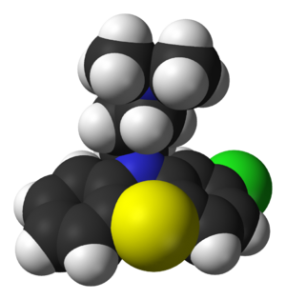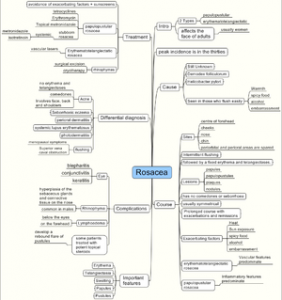“What is wrong with the culture of medicine?”
I posted an article about burnt-out doctors that got lots of comments in DsB. Here is an excellent TED talk from Dr Zubin Damania, Director of Healthcare Development for Downtown Project Las Vegas.
“Medical schools are like Hogwarts where doctor wizards are trained to cure muggles using arcane contraptions like pagers (owls)”.
He has a plan to fight back against a system that can dehumanize doctors and patients alike. He is just too good. Must watch!
This article proposes telehealth as the future of healthcare delivery through virtual consultation and remote diagnosis. It will not only reduce the burden on secondary health care provision, but also improve the quality where accessibility to secondary care is limited. With the dwindling number of dermatologists in many parts of Canada, teledermatology also has huge potential.
I am working on a dermatology imaging standard called DICODerm. I am planning to propose it to DICOM standards committee through Canada health infoway once it is completed. WG-19 (DICOM dermatology group) discontinued such a move long back, but when I proposed this idea in
DsB I received huge support. Our ongoing work is available
here. Standardization is a huge bottleneck for teledermatology systems, and if we can agree on a DICOM standard for dermatology, existing PACS systems may be used for
store-and-forward teledermatology.









